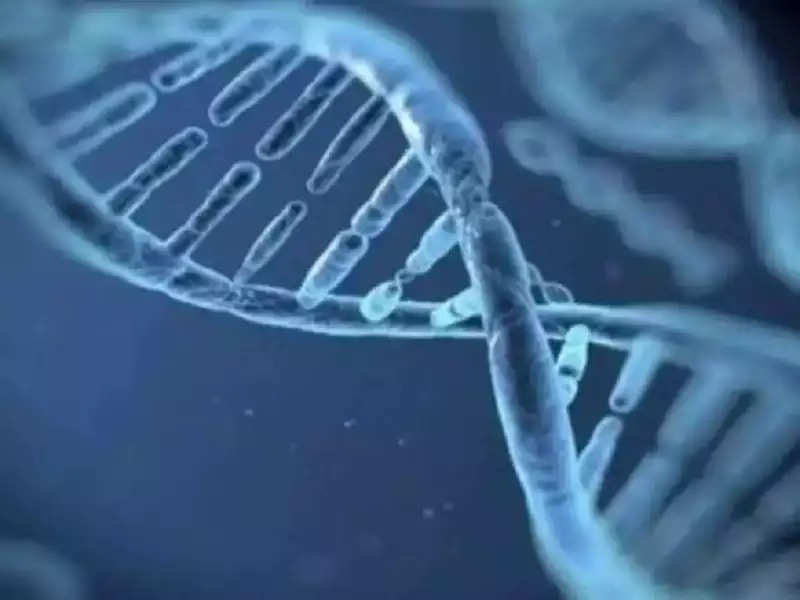
[ad_1]

Washington: With the assistance of AI, researchers at Chalmers University of Technology, Sweden, have succeeded in designing artificial DNA that controls the cells’ protein manufacturing. The know-how can contribute to the event and manufacturing of vaccines, medication for extreme ailments, in addition to different meals proteins a lot sooner and at considerably decrease prices than right now.
How our genes are expressed is a course of that’s elementary to the performance of cells in all residing organisms. Simply put, the genetic code in DNA is transcribed to the molecule messenger RNA (mRNA), which tells the cell’s manufacturing unit which protein to supply and through which portions.
Researchers have put lots of effort into making an attempt to manage gene expression as a result of it may, amongst different issues, contribute to the event of protein-based medication. A latest instance is the mRNA vaccine towards Covid-19, which instructed the physique’s cells to supply the identical protein discovered on the floor of the coronavirus. The physique’s immune system might then be taught to type antibodies towards the virus. Likewise, it’s doable to show the physique’s immune system to defeat most cancers cells or different complicated ailments if one understands the genetic code behind the manufacturing of particular proteins.
Most of right now’s new medication are protein-based, however the methods for producing them are each costly and sluggish, as a result of it’s troublesome to manage how the DNA is expressed. Last 12 months, a analysis group at Chalmers, led by Aleksej Zelezniak, Associate Professor of Systems Biology, took an necessary step in understanding and controlling how a lot of a protein is constructed from a sure DNA sequence.
“First it was about being able to fully ‘read’ the DNA molecule’s instructions. Now we have succeeded in designing our own DNA that contains the exact instructions to control the quantity of a specific protein,” says Aleksej Zelezniak concerning the analysis group’s newest necessary breakthrough.
The precept behind the brand new technique is much like when an AI generates faces that seem like actual individuals. By studying what a big number of faces appears to be like like, the AI can then create utterly new however natural-looking faces. It is then simple to switch a face by, for instance, saying that it ought to look older, or have a special coiffure. On the opposite hand, programming a plausible face from scratch, with out using AI, would have been far more troublesome and time-consuming. Similarly, the researchers’ AI has been taught the construction and regulatory code of DNA. The AI then designs artificial DNA, the place it’s simple to switch its regulatory info within the desired path of gene expression. Simply put, the AI is informed how a lot of a gene is desired after which ‘prints’ the suitable DNA sequence.
“DNA is an incredibly long and complex molecule. It is thus experimentally extremely challenging to make changes to it by iteratively reading and changing it, then reading and changing it again. This way it takes years of research to find something that works. Instead, it is much more effective to let an AI learn the principles of navigating DNA. What otherwise takes years is now shortened to weeks or days,” says first creator Jan Zrimec, a analysis affiliate on the National Institute of Biology in Slovenia and previous postdoc in Aleksej Zelezniak’s group.
The researchers have developed their technique within the yeast Saccharomyces cerevisiae, whose cells resemble mammalian cells. The subsequent step is to make use of human cells. The researchers have hopes that their progress will have an effect on the event of latest in addition to current medication.
“Protein-based drugs for complex diseases or alternative sustainable food proteins can take many years and can be extremely expensive to develop. Some are so expensive that it is impossible to obtain a return on investment, making them economically nonviable. With our technology, it is possible to develop and manufacture proteins much more efficiently so that they can be marketed,” says Aleksej Zelezniak.
[adinserter block=”4″]
[ad_2]
Source link